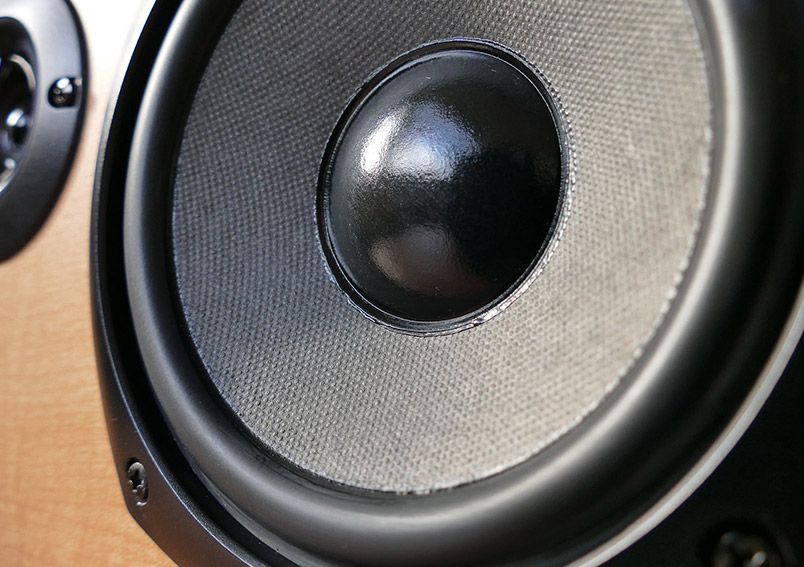Subscribe
Many of us enjoy playing music in our homes or listening to our carefully curated playlists on personal devices. However, when it comes to playing songs at your business you’ll need to change your tune. Whether it’s background music or used for putting customers on hold, playing a song at your business is not the same as playing one at home. Business owners are required to obtain the necessary licences or risk facing hefty penalties – as the owner of CBD bars Hairy Little Sista and Hairy Canary recently discovered.
Music is no doubt an essential aspect of many businesses; however Section 85(1)(b) of the Copyright Act 1968 (Cth) states that the copyright owner of a sound recording has the exclusive right to cause the recording to be heard in public. In order for someone other than the copyright owner to exercise such rights permission is required in the form of a licence from the copyright owner. The copyright owner is usually the recording company and licences can be obtained directly from them; however the Phonographic Performance Company of Australia (PPCA) has been granted permission by recording companies to also grant licences to businesses. The licence granted by the PPCA operates as a “blanket” as it covers almost all recordings commercially released in Australia. PPCA, who is set to combine with fellow licensing organisation APRA AMCOS to become OneMusic Australia in mid-2019, also collect fees from the licences which are then distributed to the recording companies and registered artists.
In a judgment handed down in the Federal Circuit Court on 18 September 2018, Judge Julia Baird found that Hairy Little Sista Pty Ltd, and its director Kristine Becker, infringed copyright by not obtaining a licence to play the music at their public venues. This was in breach of section 101(1) of the Copyright Act 1968 (Cth) which states that infringement occurs when someone who is not the owner of copyright, and does not have the licence of the owner, does an act covered by copyright. By playing the songs at their venues – therefore causing them to be heard in public – Ms Becker and her company were engaging in conduct that is exclusively reserved to the copyright owner or a relevant licence holder. As a result of this, Judge Baird ordered Ms Becker and her company to pay $185,529.87 in damages plus costs. The figure was comprised of $35,529.87 in unpaid license fees and additional damages of $150,000 as a result of Ms Becker and her company’s behaviour.
Judge Baird noted that Ms Becker had been contacted over 40 times since December 2012 by the PPCA in an attempt to licence the venue to play the music. In February 2014 an application for a licence had been made however negotiations had “stalled”. Judge Baird took this long period of unauthorised use into account when awarding the additional damages.
The company is behind CBD bars Hairy Little Sista and Hairy Canary, and the infringing conduct took place at both venues. Nine songs were the subject of the case, including tracks from The Beatles and Bay City Rollers. Judge Baird also ordered an injunction preventing Ms Becker and her company from playing the nine songs at their venues without obtaining a licence first.
Playing recorded music at your business can give rise to numerous benefits, however it’s important to remember to obtain the appropriate licences otherwise you could find yourself liable.
Therefore any business looking to use recordings publicly should ensure they have acquired the appropriate permissions to do so.
DISCLAIMER: We accept no responsibility for any action taken after reading this article. It is intended as a guide only and is not a substitute for the expert legal advice you can get from marshalls+dent+wilmoth and other relevant experts.
Subscribe




